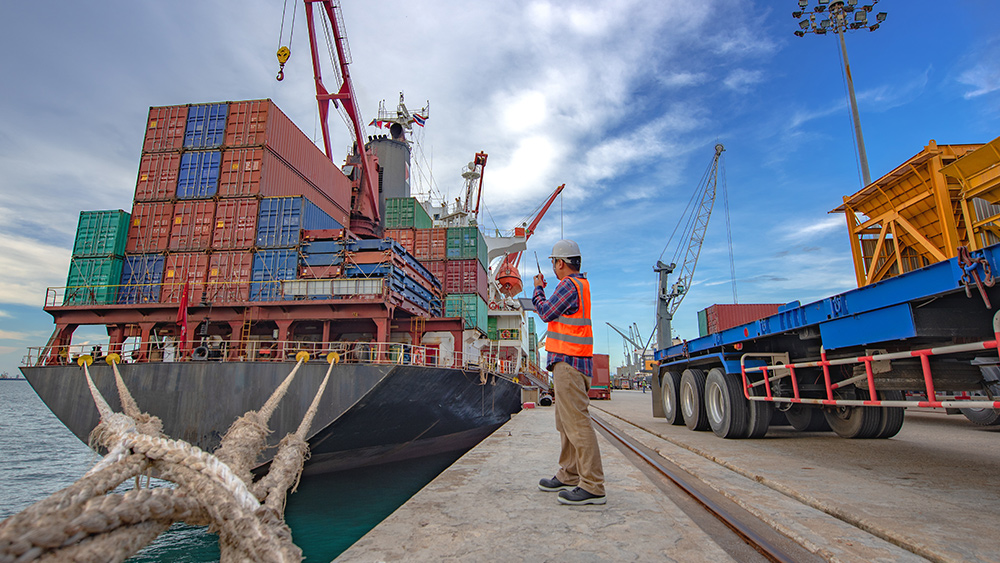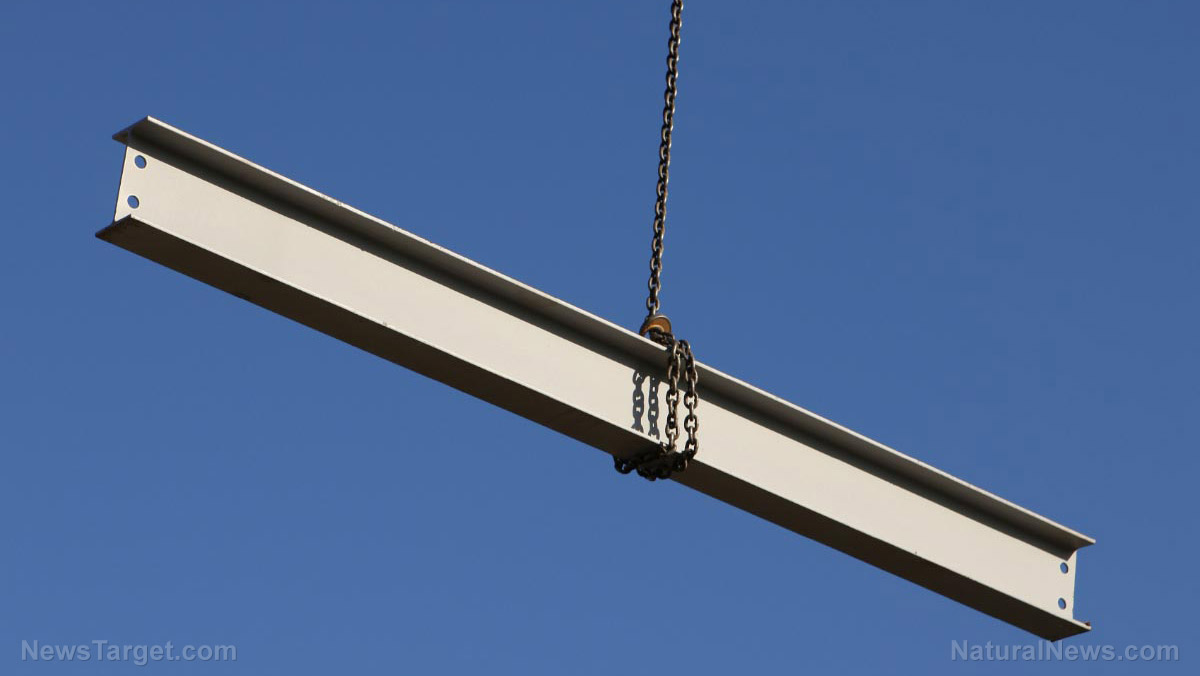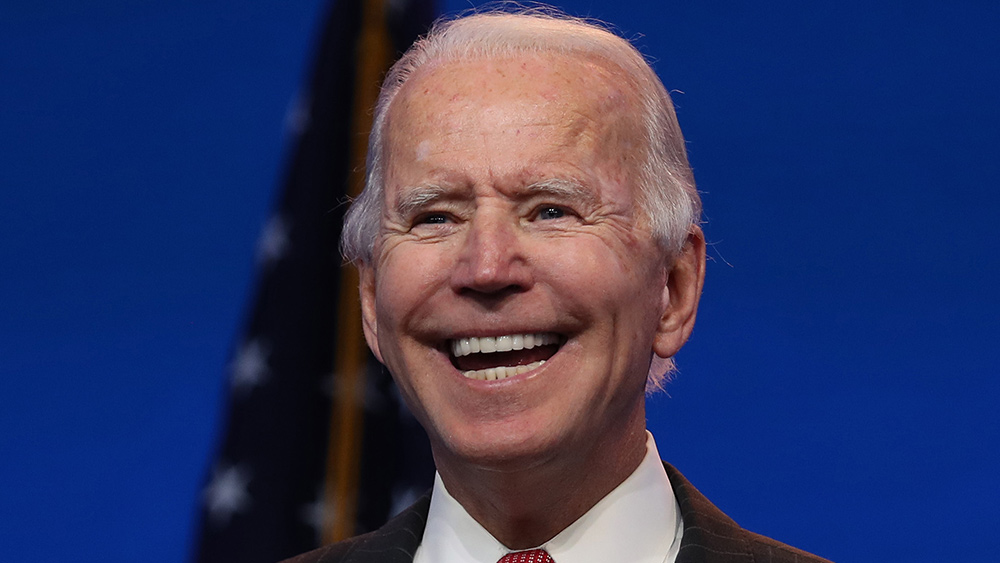Logistics experts: COVID-19 marks the end of globalization, makes national supply chains critical infrastructure
11/20/2020 / By Ramon Tomey

Logistics experts say that the Wuhan coronavirus pandemic will mark the end of globalization, paving the way for localized supply chains to be fundamental once more. The industry survey, conducted by Bollore Logistics and Transport Intelligence, noted that 34 percent of the respondents agreed that the COVID-19 pandemic will signal the end of global supply chains, and local supply chains will be of utmost importance again. Five percent of the survey’s respondents expressed strong agreement. On the other hand, 27 percent disagreed with the statement and six percent expressed strong disagreement.
“Despite the relatively even spread of results, it is remarkable that as many as 34 percent of respondents agree that the COVID-19 crisis will lead to the end of globalization,” the authors of the report wrote.
In addition, the report mentioned that the figures were “particularly striking,” as the respondents were professionals who had “witnessed the benefits of globalization first-hand.”
The firm interviewed 422 logistics professionals from Europe, Asia Pacific and North America between July and August 2020. More than half of the respondents represented retail and manufacturing shippers that use air and sea forwarding services, while freight forwarders made up almost a fourth of the respondents.
Bolloré’s report described the pandemic as a once-in-a-generation disruption that impacted a global freight forwarding market already facing significant challenges, including the U.S.-China trade war and moves towards protectionism. However, the respondents agreeing with COVID-19’s effects on the logistics sector represented a significant change from the previous consensus.
When asked how the crisis would affect their supply chain strategy over the medium term, 37 percent of respondents said it would have a significant impact, 36 percent answered it would be moderate and 25 percent mentioned a slight effect. Only two percent believed the crisis would have no effects on their supply chain strategies.
U.S. started developing domestic supply chain in bid towards self-sufficiency
Given the effects of the COVID-19 pandemic on the global supply chain, more nations are sourcing raw materials within their borders to ensure manufacturing is not interrupted. The Trump administration started to reinforce its local supply chain to reduce American dependence on imports for raw materials. With this supply chain in place, the country need not worry about other nations limiting their exports to the U.S. as leverage.
Even before the coronavirus pandemic, the U.S. has sought to minimize its dependence on imports from other countries – especially China.
Just this September, lawmakers from Texas introduced the Reclaiming American Rare Earths (RARE) Act. In a statement, Rep. Lance Gooden of Texas’s 5th District said that the bill would ensure “resource independence.” Meanwhile, Rep. Vicente Gonzalez of the state’s 15th District seconded Gooden, saying the bill would allow the country to develop a reliable domestic supply of rare earth elements and other critical materials.
Rare earth metals are used to manufacture consumer electronics, military equipment and defense products. The Department of Interior released a list of 35 critical minerals essential to the country’s economic and national security in May 2018, with a number of rare earth minerals included. China holds a monopoly on the export of these rare earths, which some lawmakers called “troubling.”
Before the bill, efforts have been made to develop a local supply chain for rare earth minerals – even dating back to the term of former President Barack Obama. However, these did not lead to any concrete outcome.
If the RARE Act is signed into law, the U.S. will not need to worry about supply chain disruptions, since a domestic supply chain will ensure uninterrupted manufacturing.
Sources include:
Submit a correction >>
Tagged Under:
, covid-19 pandemic, economics, economy, globalization, local supply chain, logistics companies, supply chain disruption, supply chain management, Wuhan coronavirus
This article may contain statements that reflect the opinion of the author
RECENT NEWS & ARTICLES
SupplyChainWarning.com is a fact-based public education website published by SupplyChainWarning.com Features, LLC.
All content copyright © 2021 by SupplyChainWarning.com Features, LLC.
Contact Us with Tips or Corrections
All trademarks, registered trademarks and servicemarks mentioned on this site are the property of their respective owners.




















